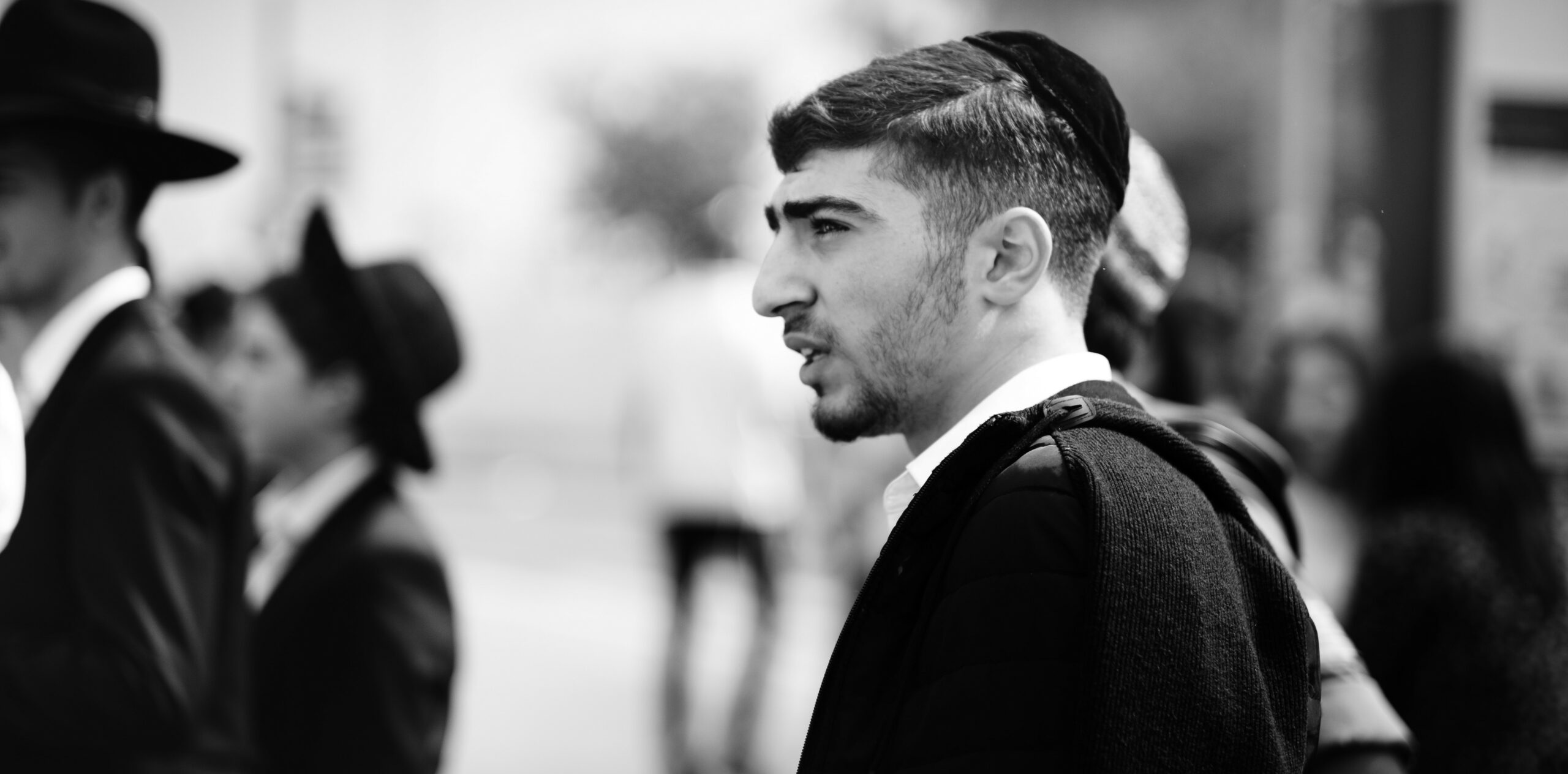
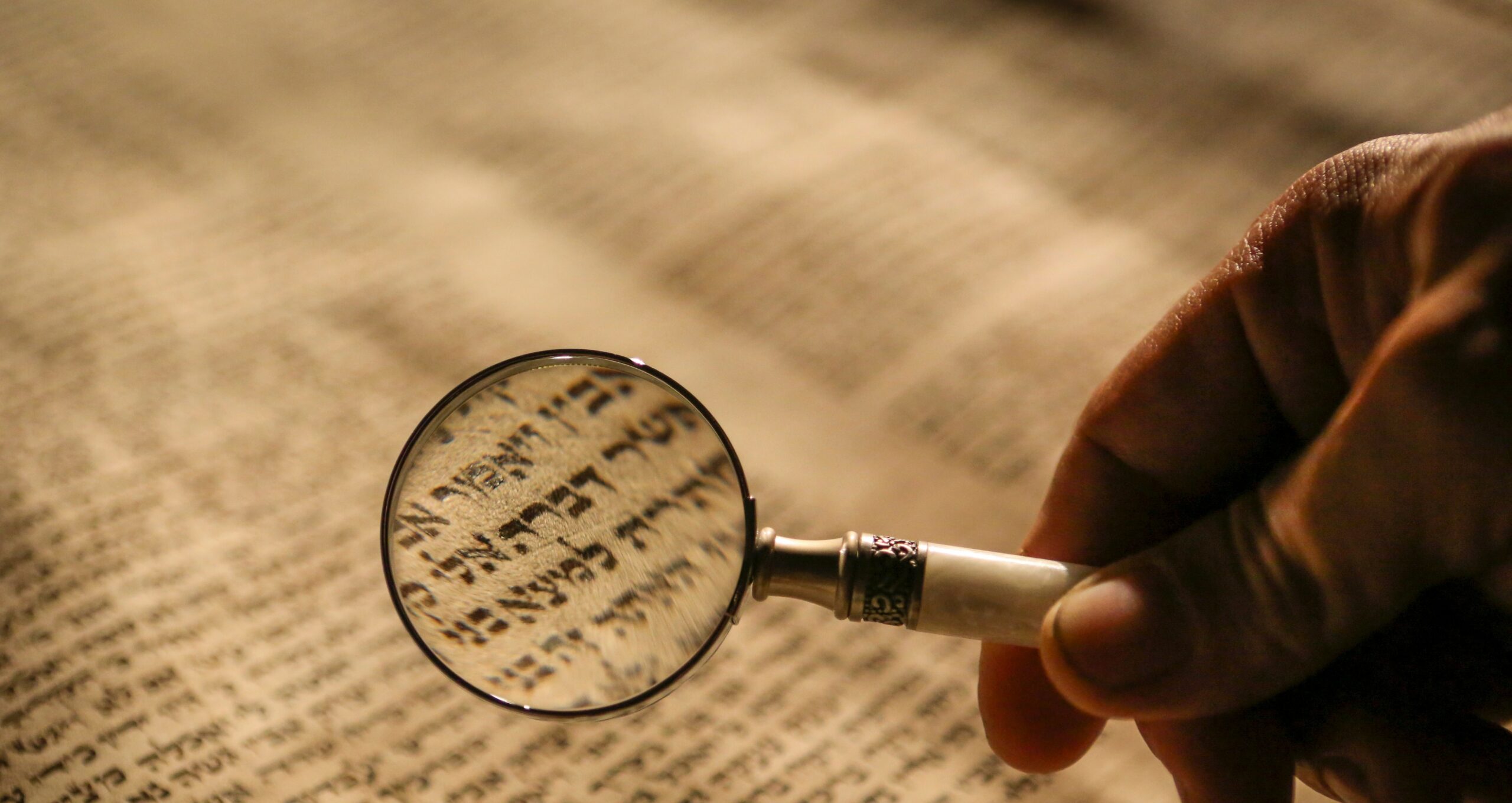
During Biblical times, being a Jew was synonymous with belonging to the Israelite tribe (made up of 12 sub-tribes). Tribe membership was usually dictated by husbands and fathers, and we see several Israelite men in the Bible taking foreign wives and having Jewish children with them, including Moses.
However, the Biblical narrative seems to express preference for following matrilineal lines at times as well; for example, Abraham’s child with Sarah, Isaac, carries on his line and not the one he has with Hagar. Moreover, in the Book of Ezra, Shechaniah proposes to Ezra that in order for the Torah to be obeyed, the Israelites’ foreign wives and the children they had with them should be expelled - suggesting that those children of non-Jewish mothers should not themselves be part of the Jewish nation.
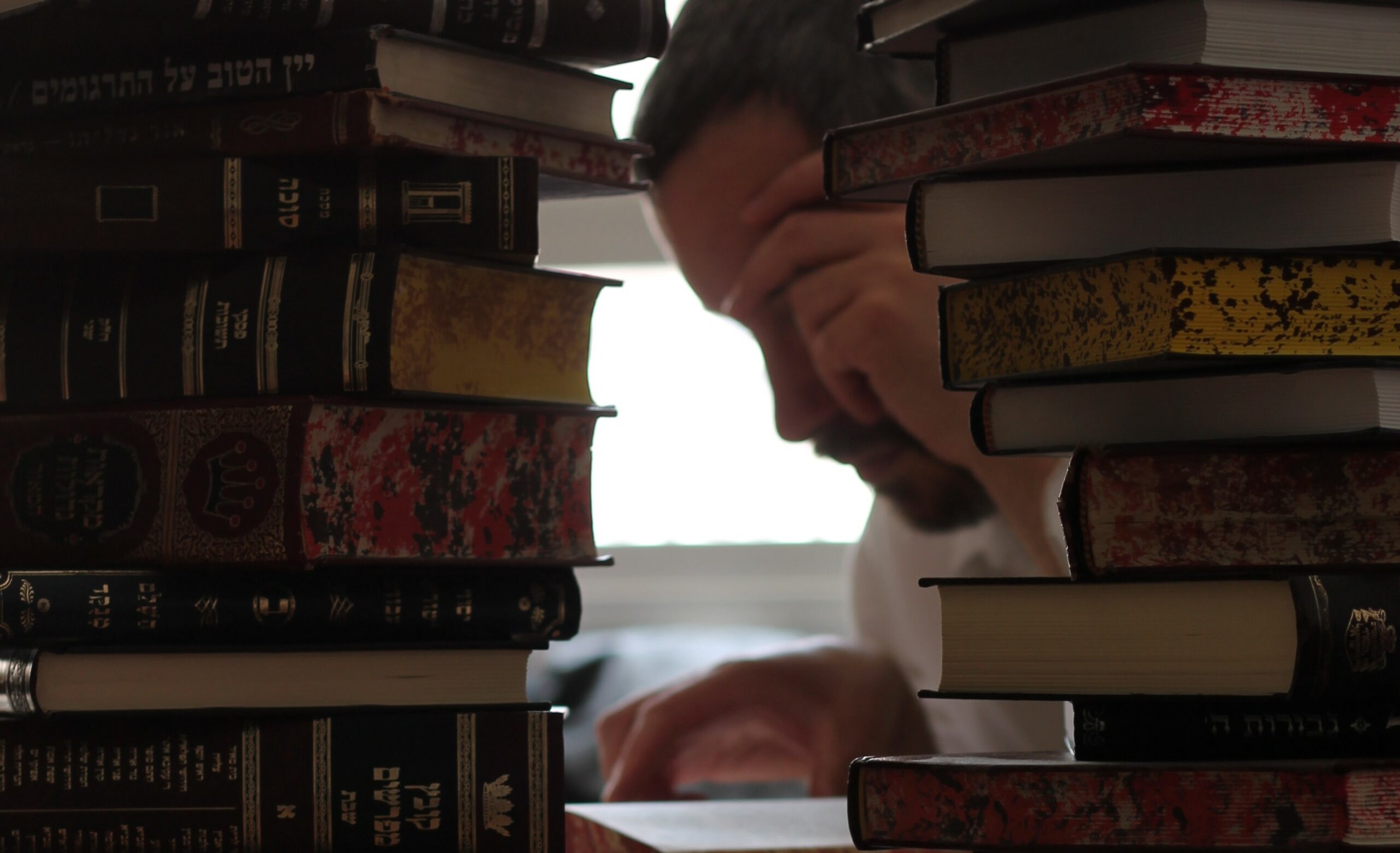
The Talmud, while interpreting the Biblical sources, makes a ruling that Jewish status belongs to anyone born to a Jewish mother, or who formally converts to Judaism. This has remained the traditional stance since then, followed by nearly all Jewish communities until modern times.
And because intermarriage is also considered traditionally forbidden, the issue of having one Jewish and one non-Jewish parent hadn’t come up often throughout history. In cases of children born out of wedlock, they were considered to have inherited the status and heritage of their mother.
Notably, belief or lack thereof is not what makes someone Jewish. A Jew who is an atheist, or who sins and breaks commandments, is still a Jew.
A Jew who formally converts to another religion also still remains technically a Jew, though they are considered an apostate.
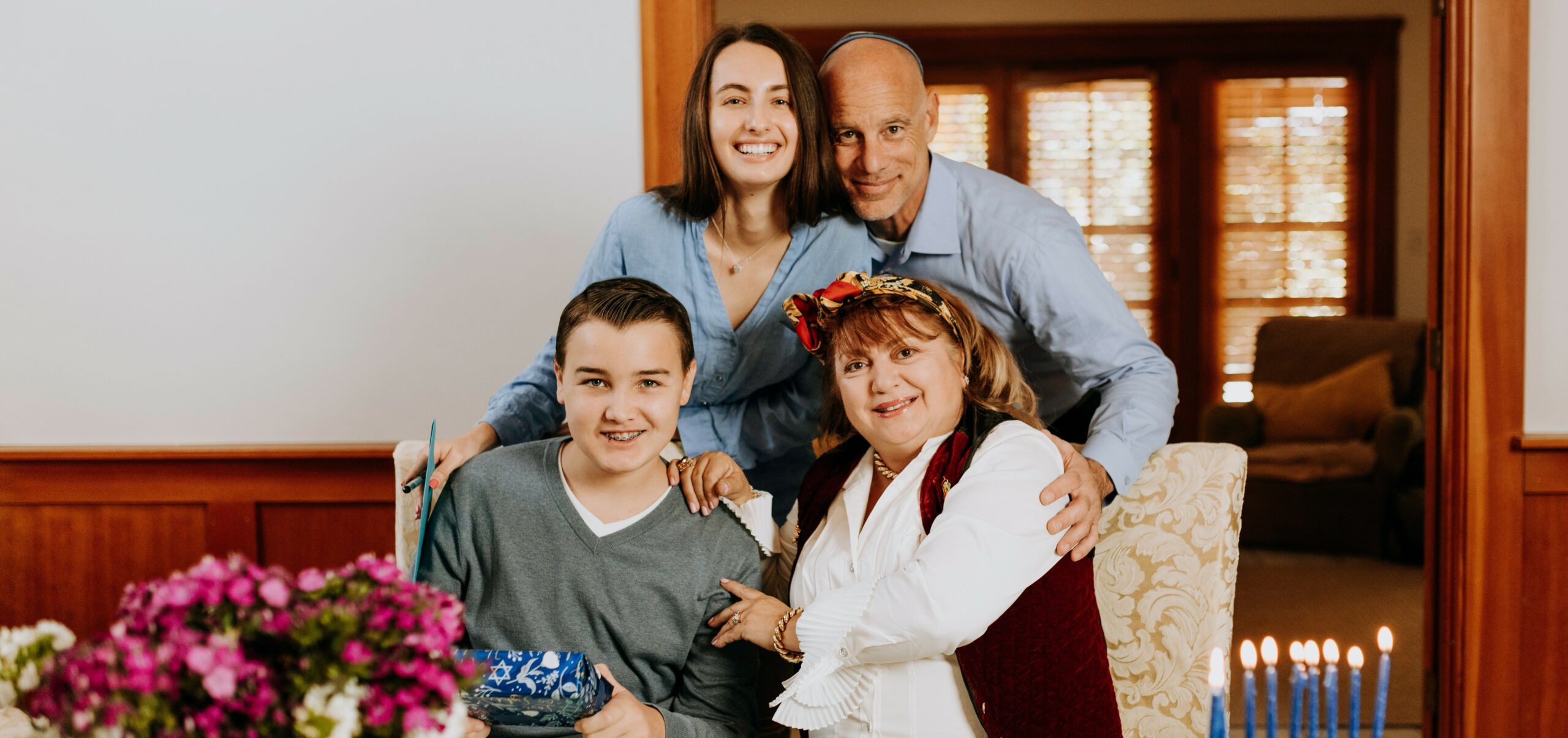
The majority of Jewish communities around the world today still honor the matrilineal descent outlined by the Sages in the Talmud, in addition to accepting converts. However, as intermarriage between Jews and non-Jews has grown, especially in North America and Europe throughout the 20th and 21st centuries, a debate has persisted as to how to classify children of Jewish fathers and non-Jewish mothers. This may particularly come up as the offspring are often seen as Jewish by outsiders, and may themselves want to be connected to Judaism and their heritage.
The Reform movement in the United States, the largest Jewish denomination in the country, has therefore made a ruling adjusting the age-old standard: It considers a child with one Jewish parent of any gender as Jewish, as long as they are raised with a Jewish identity and some degree of Jewish practice.
The Conservative movement, meanwhile, while not formally condoning patrilineal descent or intermarriage, routinely includes families with non-Jewish mothers in its communities by having the children formally converted to Judaism. More traditional and Orthodox congregations, and most Jewish communities outside the US, remain strictly opposed to intermarriage or to changing the rules on Jewish status following the mother, though patrilineal Jews have the option to undergo a conversion in adulthood.
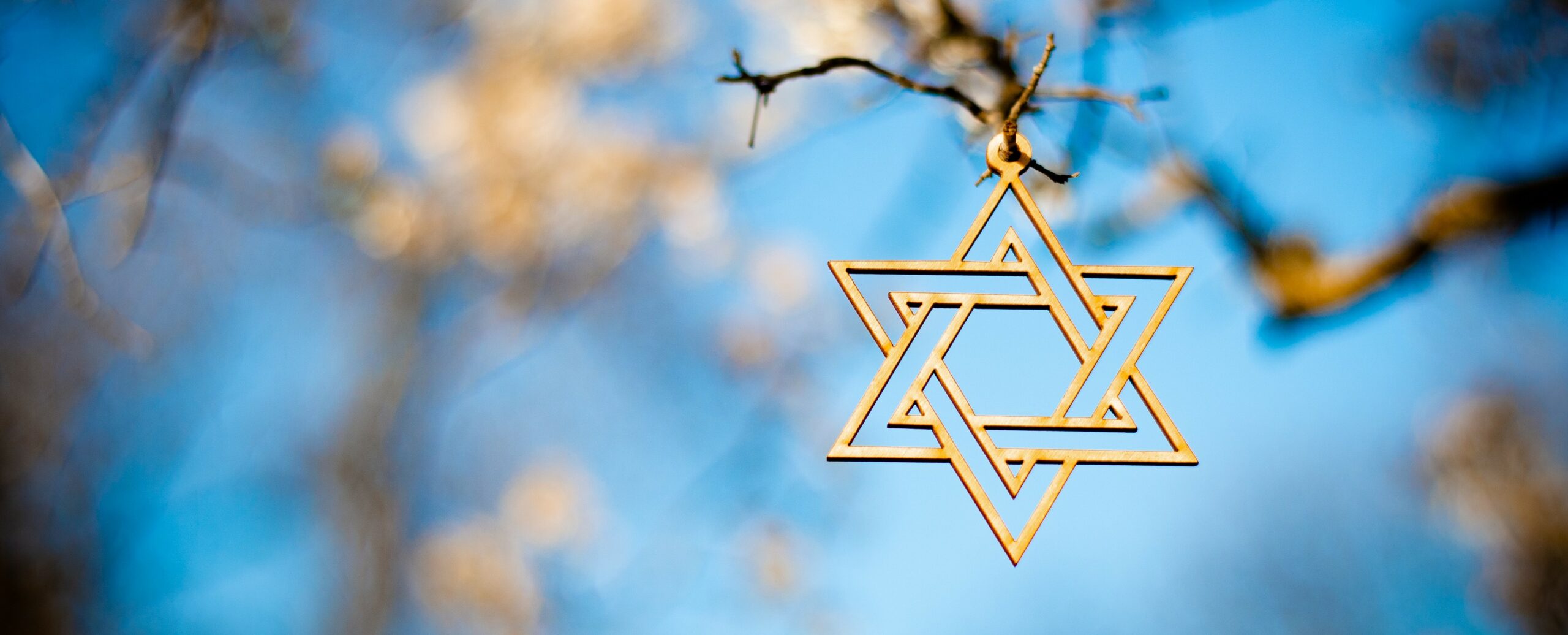
Jewish communities have long been determining who counts as a Jew, for the sake of community recognition and membership. For instance, formal prayer services and public Torah readings must have 10 adult Jews present (or 10 men, in Orthodox communities), so a given synagogue will only count those it considers formally Jewish. Additionally, many rabbis will investigate and confirm a person’s Jewishness before agreeing to officiate life cycle events such as a wedding or funeral.
And of course, recognition of one’s Jewish identity by the community and the religion can often feel personally important and affirming for many individuals.
Are you proud of your own Jewish identity? Express your Jewishness with fabulous Jewish jewelry, t-shirts, and home gifts from the top Israeli artists!


Owned by JWG Ltd, maintains its offices and warehouse in Jerusalem, Israel. © 1999-2022 JWG Judaica and Dead Sea Cosmetics